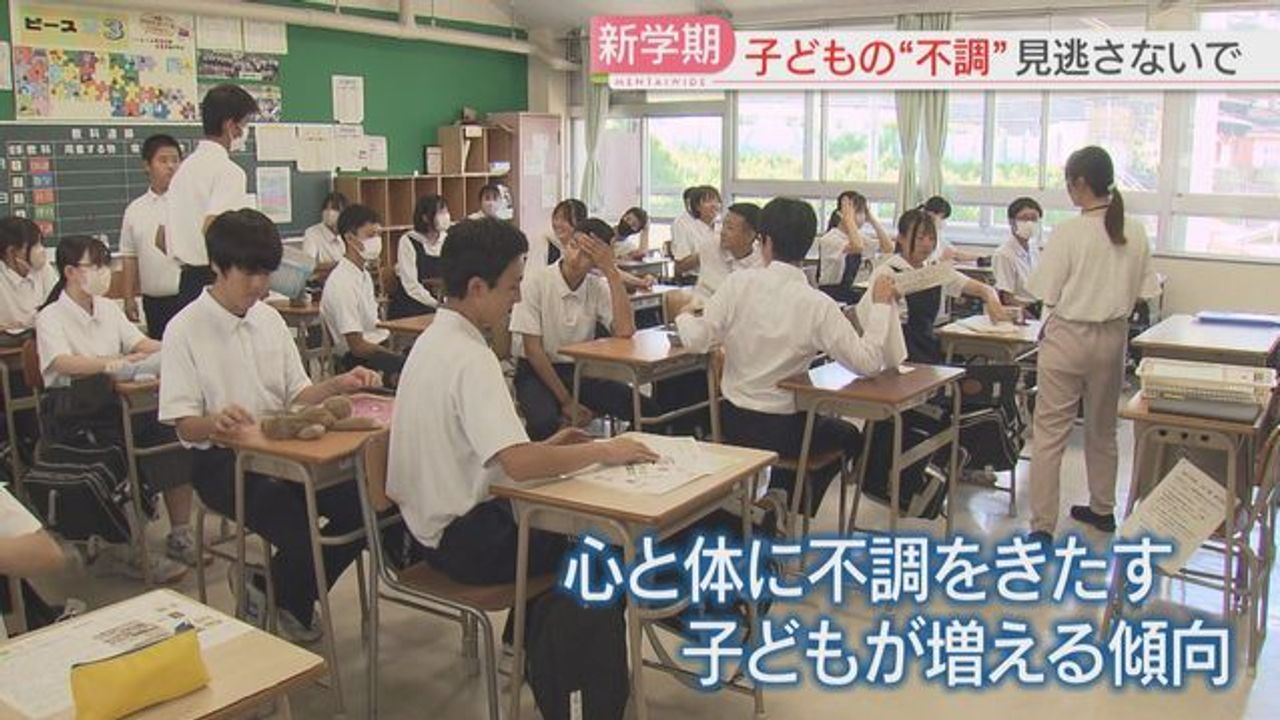The article discusses the importance of identifying signs of distress in children and responding with empathy. It draws attention to the alarming rate of children suffering from emotional distress in Japan and how parents, teachers, and caregivers could overlook these signs. The piece emphasizes the crucial role of adults in providing a healthy environment for a child's mental and emotional development.
In Japan, children's emotional wellbeing is a crucial issue, reflecting the country's focus on holistic development. The Japanese community values harmony and empathy, making the topic sensitive and widely-discussed. It prompts a lot of attention from educators, parents, and even policymakers who seek to incorporate preventive measures into the educational system.
In contrast to the US or EU, Japanese society tends to place a significant emphasis on collective wellbeing and harmony. While mental health issues are universally relevant, Japan's unique cultural inclination towards empathy and unity might give a stronger communal response. In Western countries, the approach is more individually tailored, with a bigger emphasis on identifying issues and providing professional psychological assistance.

